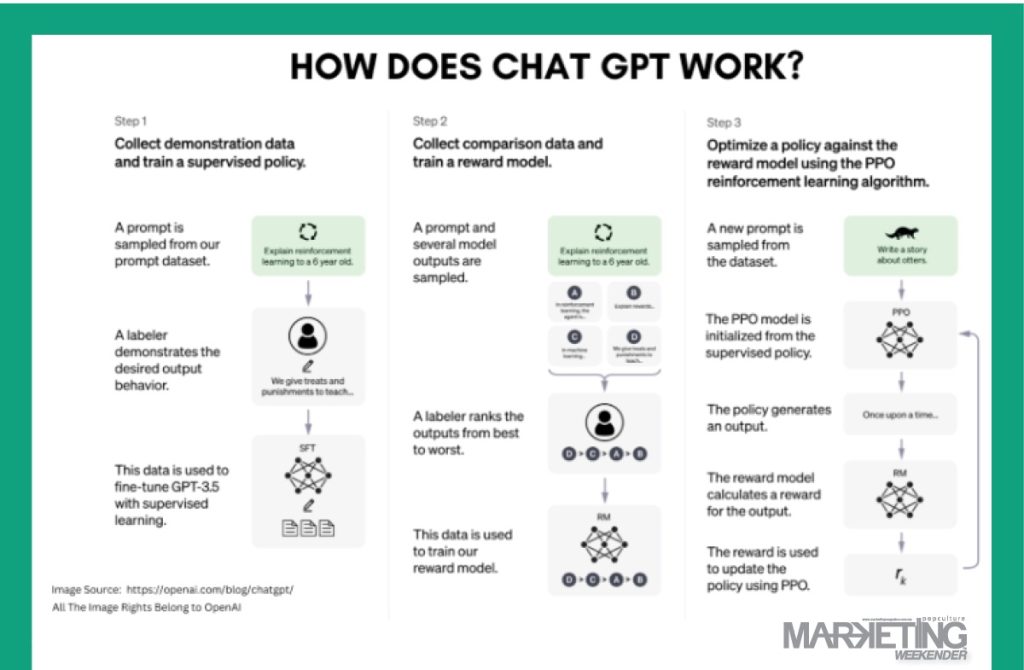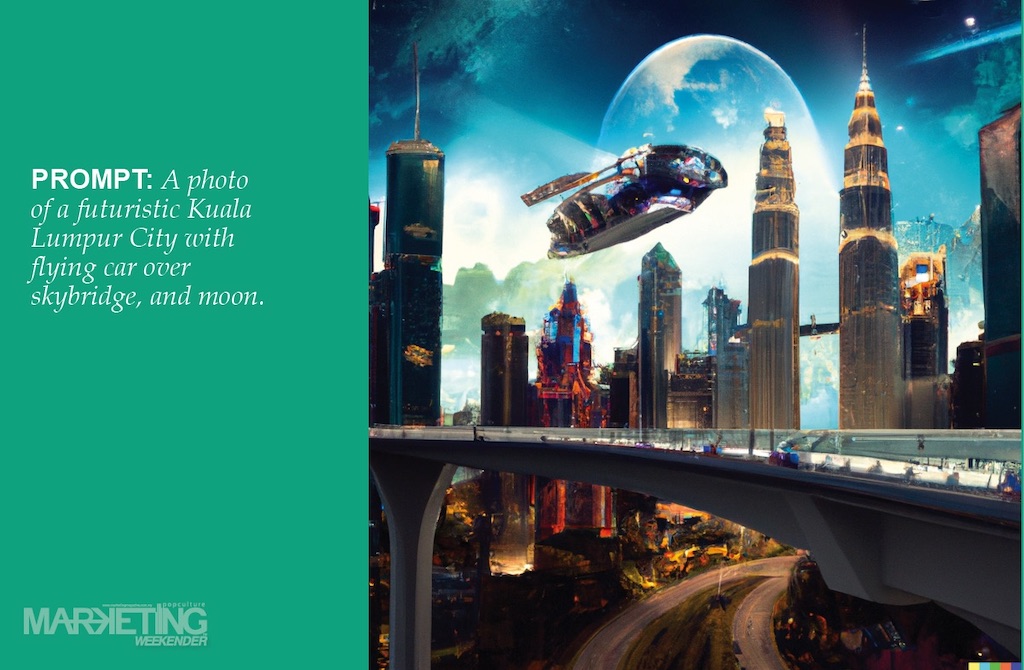This story was featured in MARKETING Weekender – Issue 362
Sum of all fears for DOOH
- Technical failures: DOOH companies may fear technical failures, such as system crashes, software bugs, or hardware malfunctions, which could lead to a loss of revenue and damage to their reputation.
- Cybersecurity threats: DOOH companies may fear cybersecurity threats, such as data breaches or cyber attacks, which could compromise their systems, leak sensitive information, and damage their reputation.
- Advertiser concerns: DOOH companies may fear losing advertisers due to concerns about the effectiveness of DOOH advertising or controversies surrounding specific programs or content.
- Increasing competition: DOOH companies may fear competition from new entrants in the market or alternative advertising channels, such as social media platforms, which could decrease their market share and revenue.
- Limited access to prime locations: DOOH companies may fear limited access to prime locations for their digital billboards or screens, which could limit their visibility and audience reach.
- Legal and regulatory challenges: DOOH companies may fear legal and regulatory challenges, such as zoning restrictions, permitting requirements, or content regulations, which could limit their ability to offer a wide range of services.
- Economic uncertainty: DOOH companies may fear economic uncertainty, which can lead to reduced advertising budgets and decreased demand for their services.
Bad habits of Marketers
- Confirmation bias: This is a tendency to seek out information that confirms one’s existing beliefs and ignore information that contradicts them. In marketing, this could lead decision makers to make choices based on their own biases rather than on actual data or customer insights.
- Overreliance on intuition: While intuition can be helpful in decision-making, relying solely on gut feelings or personal preferences without data-driven insights can lead to poor marketing decisions.
- Lack of adaptability: Marketing is an ever-evolving field, and decision makers need to be able to adapt to changing market conditions, consumer trends, and new technologies. Failure to do so can result in missed opportunities and lost revenue.
- Lack of focus on customer needs: Effective marketing requires a deep understanding of customer needs and preferences. Decision makers who focus more on their own goals or internal company metrics rather than what their customers want may miss opportunities to connect with their target audience.
- Short-term thinking: Marketing decisions should be made with long-term goals in mind. Focusing solely on short-term metrics like immediate sales or ROI can lead to decisions that do not benefit the company in the long run.
Top marketing magazines in Malaysia:
- MARKETING Magazine Malaysia: This is a leading marketing magazine in Malaysia that covers topics related to advertising, branding, digital marketing, social media, and more.
- ADOI Magazine: ADOI is a bilingual magazine (English and Malay) that focuses on advertising and marketing in Malaysia. It covers news, insights, and analysis related to advertising, branding, and marketing.
- SME Magazine: This magazine caters to the small and medium-sized enterprise (SME) segment in Malaysia. It covers topics related to business management, marketing, finance, and entrepreneurship.
- Malaysia Business magazine: This magazine covers various aspects of business in Malaysia, including marketing, finance, entrepreneurship, and management.
- Marketing Interactive: This is a digital marketing magazine that covers news, trends, and insights related to digital marketing, social media, and advertising across the Asia Pacific region.
Commission vs Corruption
While it is possible for commission costs to be used to hide corrupt practices, it is important to note that commission and corruption are two distinct concepts. Commission is a legitimate form of payment for advertising services, while corruption involves illegal or unethical behavior to gain personal or business advantages.
However, in some cases, corrupt individuals or organizations may attempt to use commission as a cover for their illegal activities. For example, a corrupt advertising agency may agree to provide services to a client at a lower cost in exchange for a kickback or bribe from a third party, and then bill the client for the full cost of the services, including the hidden commission. In such cases, commission costs can be used to conceal corrupt practices.

MARKETING Magazine is not responsible for the content of external sites.











